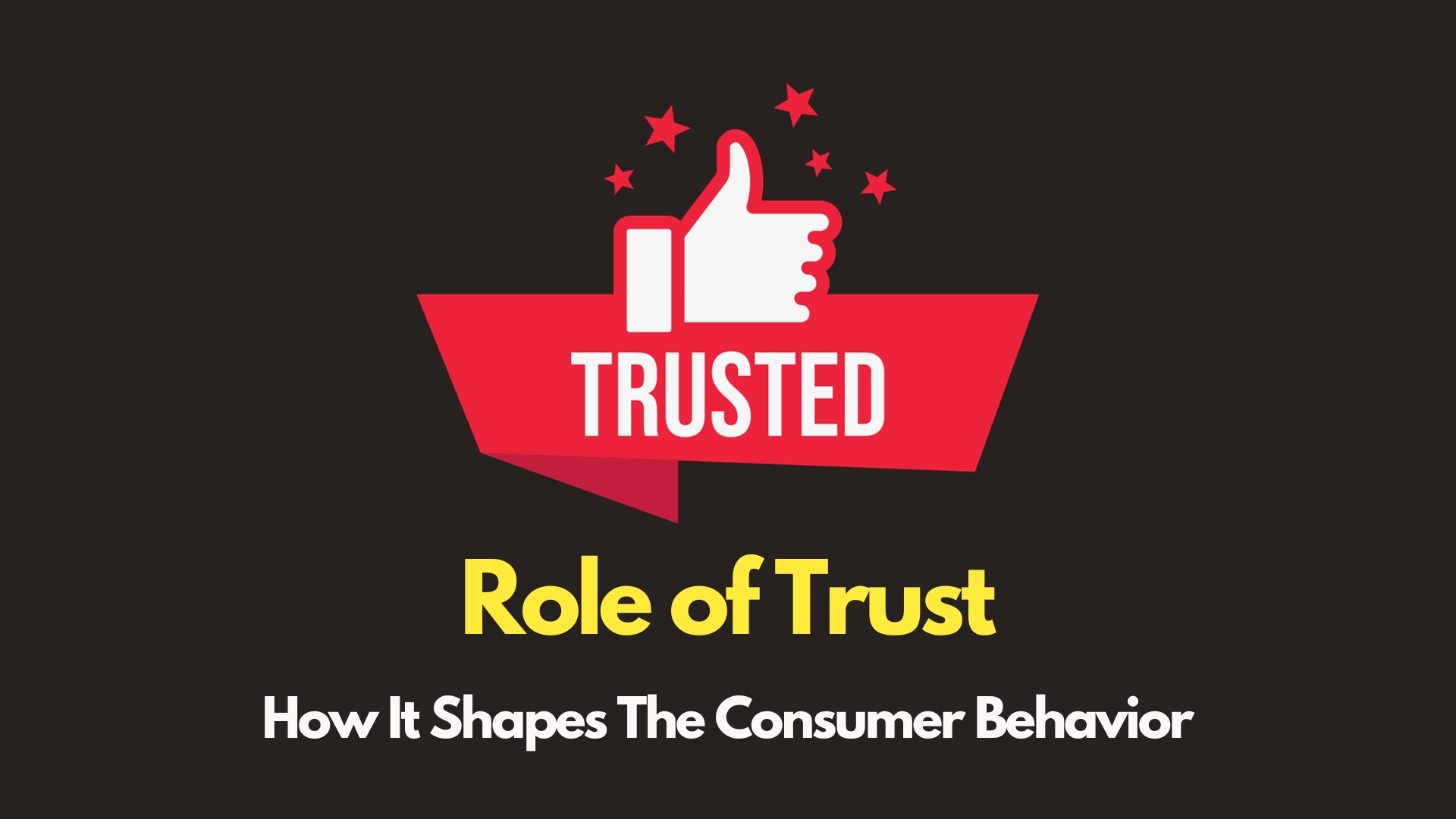Published
- 4 min read
Role of Trust in Consumer Decision Making

| Key Takeaways |
|---|
| Trust plays a crucial role in driving purchases and influences the success of online transactions. |
| Service quality, security, and price perception significantly impact consumer trust and purchasing decisions. |
| Trust mediates the relationship between consumer attitudes and behavioral intentions, particularly in health-related choices such as food labeling. |
| Brand ambassadors and effective advertising can significantly influence consumer trust and purchase decisions. |
| Consumer trust has a mediating role between positive attitudes and the intention to purchase, especially in the context of organic foods. |
| Perceived risk negatively affects trust, which in turn influences online purchasing decisions. |
| Product quality directly impacts consumer trust and purchase decisions, with trust serving as an intervening variable. |
Understanding the Role of Trust in Consumer Decision-Making
In a marketplace inundated with endless choices, trust stands as a beacon guiding consumers through their purchasing journey. Trust in brands and products is not merely an emotional response; it’s a pivotal factor that shapes consumer behavior and decision-making processes. This article delves into the intricacies of how trust influences consumer choices and the implications for businesses aiming to foster loyal customer relationships.
The Foundation of Trust in E-Commerce
E-commerce has revolutionized how we shop, but it also demands a new level of trust from consumers. With the absence of physical interaction, factors such as service quality, security measures, and fair pricing become paramount in establishing trust. A study on Tokopedia highlighted that trust could mediate the effect of these variables on purchasing decisions, suggesting that a robust online presence that addresses these concerns can significantly enhance consumer confidence.
Trust in Health and Wellness Choices
When it comes to health-related decisions, such as choosing food products with front-of-pack labels (FOPLs), trust is a critical mediator. Consumers rely on these labels to make healthier choices, but their trust in the accuracy and honesty of these labels determines their ultimate acceptance. Structured equation modeling in cross-country investigations has shown that trust upgrades the front-of-pack acceptance model (FOPAM), leading to better informed and healthier consumer choices.
The Impact of Brand Ambassadors and Advertising
The influence of brand ambassadors and targeted advertising on consumer trust cannot be overstated. A strong brand presence, coupled with trustworthy endorsements, can significantly sway purchasing decisions. Effective advertising that resonates with consumers’ values and needs fosters trust, which in turn leads to higher conversion rates and customer retention.
Organic Food Consumption and Trust
In the realm of organic food consumption, trust acts as a bridge between positive attitudes and the intention to purchase. Consumers who trust the claims of organic food producers are more likely to follow through with their purchase intentions, underscoring the importance of transparent and honest marketing in the organic sector.
The Role of Perceived Risk in Online Trust
Perceived risk is a significant barrier to online trust. Consumers wary of potential risks are less likely to place their trust in online vendors, which negatively impacts their purchasing decisions. Addressing these risks through clear communication and robust security measures is essential for building online trust.
Product Quality and Consumer Trust
The direct impact of product quality on consumer trust is evident. High-quality products that meet or exceed consumer expectations contribute to building trust, which in turn influences purchasing decisions. Trust serves as an intervening variable, reinforcing the relationship between product quality and the likelihood of a purchase.
Conclusion
Trust is the linchpin of consumer decision-making. It is shaped by various factors, from service quality and brand reputation to product quality and perceived risk. For businesses, understanding and leveraging the power of trust is crucial for building lasting relationships with consumers and driving sales. By prioritizing trust-building measures, companies can ensure that their brand stands out in a crowded marketplace and resonates with consumers on a deeper level.
Explore our Business category for more insights into trust and consumer behavior, and learn how to create a balanced marketing strategy that leverages consumer psychology. For a deeper dive into the role of brainwaves in consumer choices, don’t miss our articles on alpha waves and beta waves.